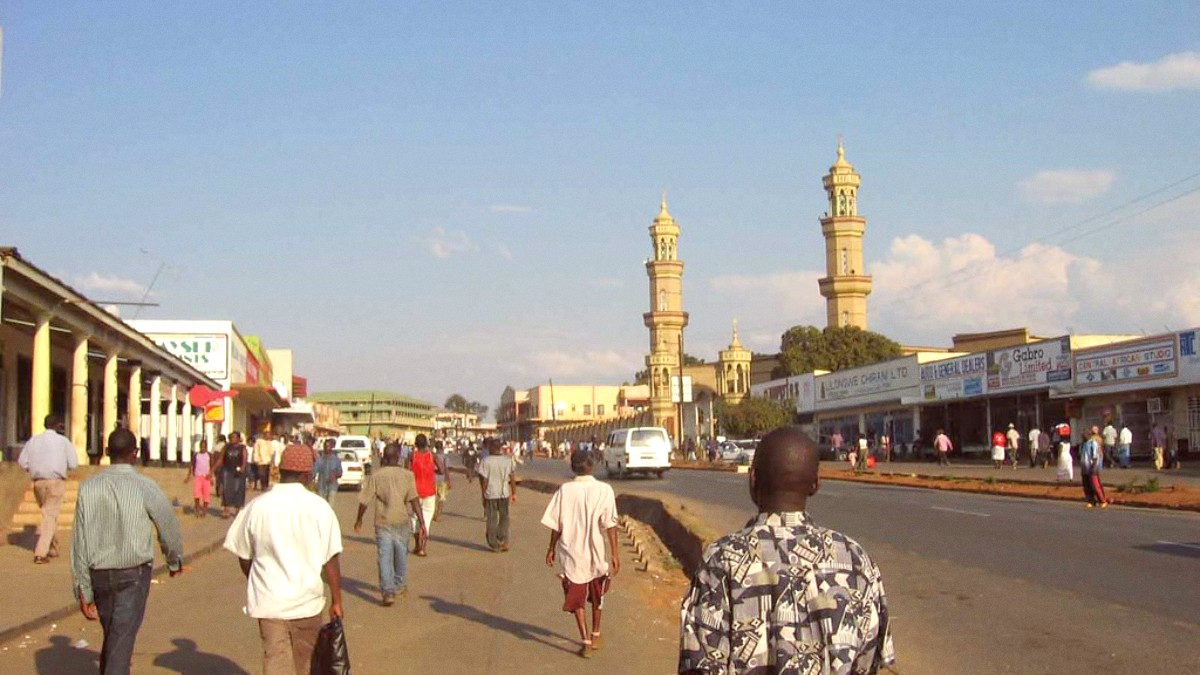
Malawi
Wet Season (November to April): High temperatures and significant rainfall characterize this period, transforming the landscape into a lush, green environment. Daytime highs are typically 25°C to 30°C (77°F to 86°F). Rainfall is heavy, with December to March seeing the most downpours, often as intense, short thunderstorms. High humidity makes the heat feel more intense.
Dry Season (May to October): Cooler, drier conditions define this season, with clear, sunny skies. Daytime highs are usually 20°C to 28°C (68°F to 82°F). Nights cool, especially in June and July, dropping to 10°C (50°F) or lower. Very little to no rainfall. Low humidity makes the daytime heat more bearable.
Your travel dates influence crowd levels, prices, and your experience. Malawi does not experience monsoons or hurricanes. Anticipate potential delays or detours if traveling on rural roads during heavy rain.
Stay hydrated during warmer months.
May - August
Ideal weather, great for safaris, pleasant temperatures, low humidity, good road conditions.
Higher prices, more crowds, advance booking recommended.
September - October, April
Fewer crowds, better prices, lush landscapes (April), early green season (Sep/Oct).
Temperatures rise significantly (Sep/Oct), potential for light rains.
November - March
Lowest prices, lush scenery, excellent birdwatching, authentic local experience.
High temperatures/humidity, road issues, increased mosquito activity, challenging safaris.
May to October offers the best viewing conditions. Animals are easier to spot due to sparser vegetation and their tendency to congregate around water sources.
May to August has cooler, drier conditions for comfortable hiking, trekking, and general outdoor exploration around Lilongwe and in nearby reserves.
Many larger events occur during the dry season when travel is easier. Check local event calendars.
November to April, the wet season, for excellent birdwatching as migratory species arrive.
The dry season presents clear skies and sharp light for photography.
The wet season (Nov-Mar) for , green landscapes.
Low season for excellent value and fewer crowds.
Malawi maintains specific visa policies that vary based on your nationality.
Citizens of certain countries (including most SADC member states) do not need a visa for stays up to 90 days. Most other nationalities need a visa for entry.
Gather these documents well in advance of your trip.
Malawi can be an affordable destination, but expenses vary by your choices. The official currency is the Malawian Kwacha (MWK). Exchange major currencies at banks and licensed forex bureaus. ATMs are available in Lilongwe; inform your bank of your travel plans. Major hotels and supermarkets accept credit cards, but cash for local establishments.
Prices serve as general guidelines and can fluctuate.
| Category | Item | Price Range (MWK) |
|---|---|---|
| Accommodation | Hostel Dorm Bed / Budget Guesthouse | 15,000 - 40,000 |
| Meals | Street Food / Local Eatery / Mid-Range Restaurant | 2,000 - 30,000 |
| Transportation | Minibus Ride / Private Taxi (short) / Airport Transfer | 500 - 25,000 |
Being informed and prepared assists you in navigating potential risks.
Certificate if arriving from or transiting through a high-risk country for >12 hours.
MMR, DTP, Polio, Flu Shot up-to-date.
Recommended due to food/water exposure risk.
Malaria risk is high year-round. Take prescribed antimalarial medication.
Use high-DEET/Picaridin mosquito repellent consistently, especially at dawn and dusk. Sleep under a treated mosquito net. Drink only bottled or purified water. Avoid ice cubes from tap water.
Be cautious with food hygiene. Eat at reputable restaurants. Wash hands frequently. Avoid unpeeled fruits or uncooked vegetables unless prepared with purified water.
Schistosomiasis: Avoid swimming in stagnant or slow-moving freshwater bodies.
Private options like Adventist Hospital and City Centre Clinic offer better standards. Public hospitals have limited resources.
Available in Lilongwe, but stock for specialized medications may be limited. Carry your prescriptions.
Police: 997, Ambulance: 998, Fire: 999. Response times vary. Keep your embassy contacts handy.
Lilongwe is generally safe for tourists, but petty crime is a concern. Be vigilant.
Malawi faces certain natural hazards, mostly seasonal. Travel insurance is highly recommended.
Periodic droughts mainly impact agriculture, not usually immediate safety risk for travelers.
Minor tremors occur; major destructive earthquakes are rare along the East African Rift Valley.